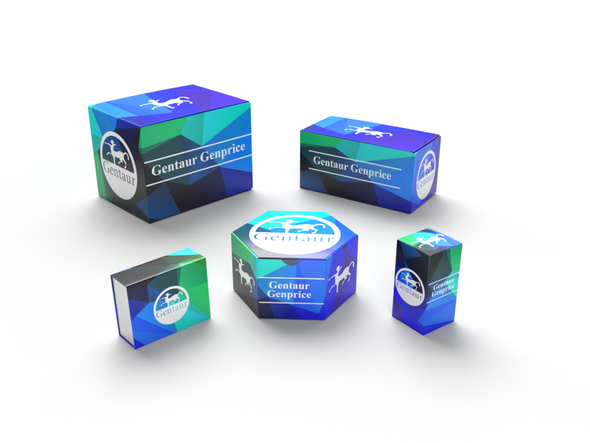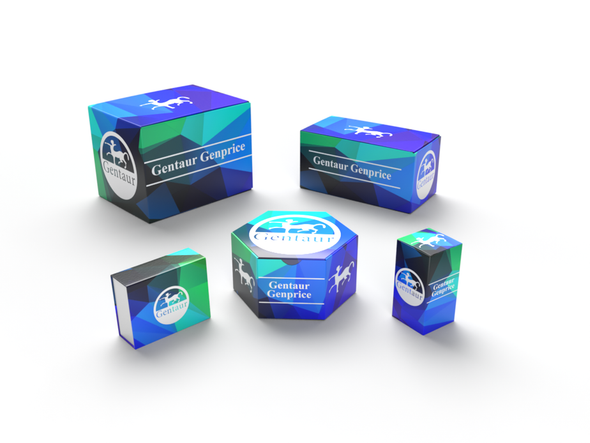740
Human Beta-2-glycoprotein 1 (APOH) ELISA Kit | AE63189HU
- SKU:
- 740-AE63189HU
- Availability:
- Usually ships in 5 working days
Description
Human Beta-2-glycoprotein 1 (APOH) ELISA Kit | AE63189HU | Gentaur UK, US & Europe Distribution
Species Reactivity: Human (Homo sapiens)
Abbreviation: APOH
Alternative Name: B2G1; BG; apolipoprotein H
Application: ELISA
Range: 0.312-20 ng/mL
Sensitivity: 0.141 ng/mL
Intra-Assay: ≤5.5%
Inter-Assay: ≤8.9%
Recovery: 1, 01
Sample Type: Serum, Plasma, Other biological fluids
Detection Method: Sandwich
Analysis Method : Quantitive
Test Principale: This assay employs a two-site sandwich ELISA to quantitate APOH in samples. An antibody specific for APOH has been pre-coated onto a microplate. Standards and samples are pipetted into the wells and anyAPOH present is bound by the immobilized antibody. After removing any unbound substances, a biotin-conjugated antibody specific for APOH is added to the wells. After washing, Streptavidin conjugated Horseradish Peroxidase (HRP) is added to the wells. Following a wash to remove any unbound avidin-enzyme reagent, a substrate solution is added to the wells and color develops in proportion to the amount of APOH bound in the initial step. The color development is stopped and the intensity of the color is measured.
Product Overview: Apolipoprotein H (ApoH), also known as Beta 2-glycoprotein I, is a plasma glycoprotein either circulating as a free protein or associated to lipoproteins. This protein was found in human serum and described for the first time in 1961 by Schultze et al. ApoH is a 54-kDa single-chain glycoprotein consisting of five carbohydrate chains and 326 amino acid residues that can be divided into five short consensus repeat domains.ApoH has been chiefly focused on as the cofactor or autoantigen in antiphospholipid syndrome (APS), which is related to venous and arterial thrombosis, fetal loss, and thrombocytopenia. Reports show that ApoH may have an important function in blood coagulation and clearance of apoptotic bodies from the circulation.
Stability: The stability of ELISA kit is determined by the loss rate of activity. The loss rate of this kit is less than 5% within the expiration date under appropriate storage condition. The loss rate was determined by accelerated thermal degradation test. Keep the kit at 37°C for 4 and 7 days, and compare O.D.values of the kit kept at 37°C with that of at recommended temperature. (referring from China Biological Products Standard, which was calculated by the Arrhenius equation. For ELISA kit, 4 days storage at 37°C can be considered as 6 months at 2 - 8°C, which means 7 days at 37°C equaling 12 months at 2 - 8°C) .






